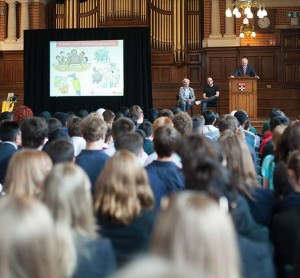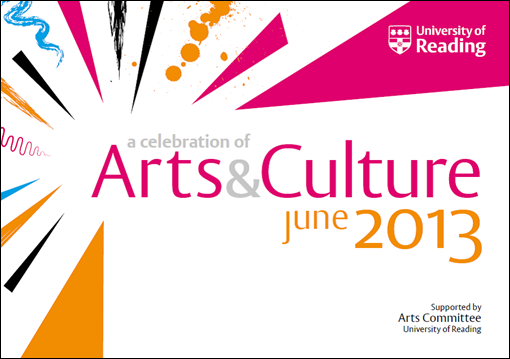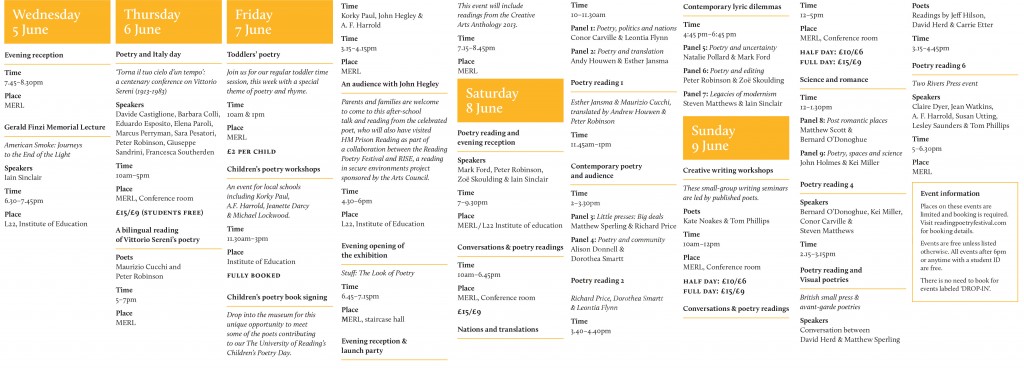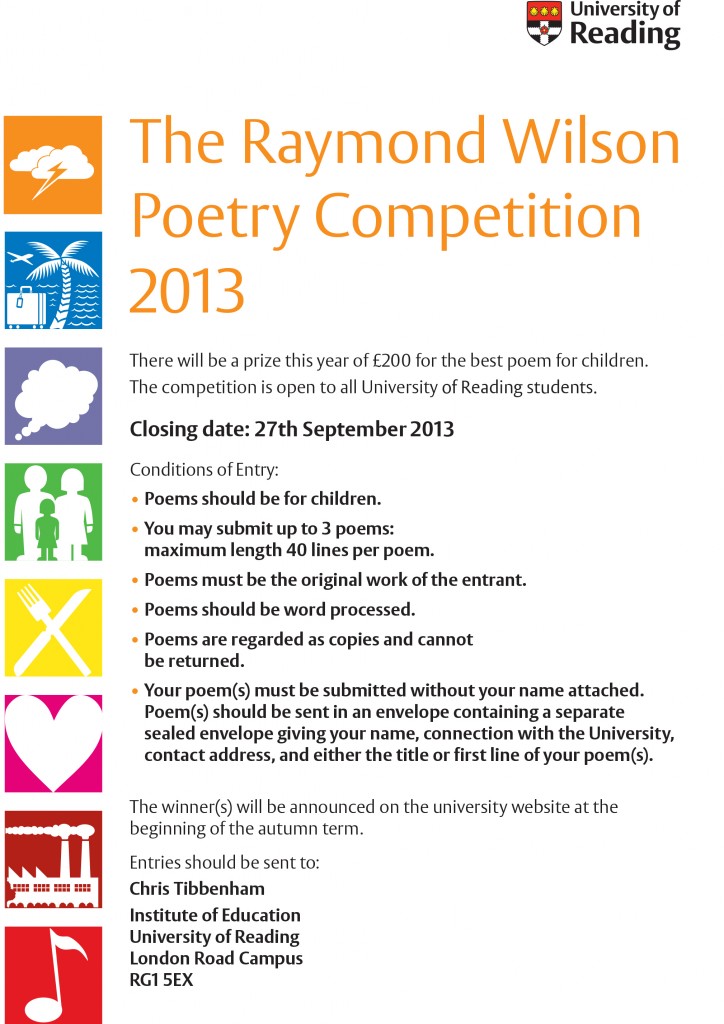Deaf Unity, set up by a young Deaf man, Abdi Gas in 2010, aims to reach out to all deaf learners not just in the UK, but all over the world, such as Qatar, Tunisia, etc. Reaching out to deaf youths in the Community, Deaf Unity acts as a gateway and guide to the world of Further and Higher Education, recognising the need for more transparency and support for those thinking about progression into college or university, this Deaf Learners project provides access to events across the country, detailed information and tailored support
Deaf Unity’s first Deaf Learners Conference was held on 28th May 2013 at the University of Westminster in London. The aims of the day were to facilitate discussion and share information about the future of deaf education and access to education in the UK. The conference was also a chance to discuss how to support deaf learners after education in jobs and training.
I was the host for the day and I discussed how to inspire change and empower the next generation of deaf learners through role models, networking and technology; emphasising the need for positive discussion and action.
There were several speakers. The first one was David Chater from The Department of Education, who spoke about what the government is doing for deaf learners. The title of his talk was ‘Breaking Educational Barriers: Providing Deaf People with access to information, resources and support that leads to sustainable achievements.’ i.e. closing the gap for deaf learners. He was then followed by Liz Sayce, CEO of Disability Rights UK, who presented a talk about ‘Breaking Work Barriers: Providing Deaf People with Employment Support to Find and Keep Jobs.’ She discussed the work she has done with Disability Rights UK, and how she has brought many different organisations together to work on breaking down barriers within employment for deaf and disabled people.
The third speaker was Rob Wilks, Deaf Lawyer and head of RAD Law centre, who discussed “Equality for Deaf Learners: Why is the law failing them?” He succinctly summarised the barriers facing Deaf people in accessing legal assistance and gave everyone something to think about in terms of making changes in this area. There was an afternoon speaker, Asif Iqbal, who recounted his education and employment journey, providing us with an example of what can be done with a ‘can-do’ attitude.
The afternoon was action packed, with four workshops with Jane Cordell (Successful employment), Penny Beschizza & Dr Marian Grimes (Communication needs in education), John Hay (History of Deaf Education), and Gary Morgan (Linguistics Research on Deaf Learners).
Four deaf learners gave their accounts of their education journeys during the afternoon session of the conference – which brought home how much deaf learners need the right resources, information and access to support. All four had different experiences but the common thread was that they have had to work hard to knock down barriers within education and society to achieve, even in the 21st Century.
Overall, the conference was a chance for organisations and individuals to come together and discuss how to change education and employment opportunities for deaf people for the better. We are proud to be involved in this work with our Deaf Learners project, providing information and looking for ways to improve the experience within education, and to support deaf learners into employment. We hope all who came had an informative and inspiring day.
Ilan Dwek











